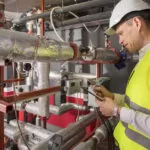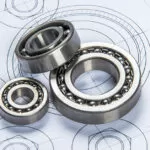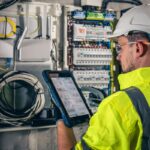Are you a professional engineer (P.E.) specializing in Mechanical, Electrical, or Plumbing (MEP) engineering in the great state of Texas? If so, you’re likely familiar with the unique challenges posed by the Texas climate, especially when it comes to managing stormwater. Stormwater runoff can lead to pollution and environmental concerns if not properly managed. That’s where SWPPP, or Stormwater Pollution Prevention Plan, comes into play. In this article, we’ll delve into the intricacies of developing Stormwater Pollution Prevention Plan in Texas and explore how MEP and Civil engineers can make a difference in keeping our environment clean and sustainable.
Table of Contents
Understanding SWPPP in Texas
First, let’s get acquainted with SWPPP. A Stormwater Pollution Prevention Plan is a vital document that outlines how construction sites will manage stormwater runoff and prevent pollution. In Texas, this plan is crucial due to the diverse weather patterns and the potential for intense storms, which can carry pollutants into nearby bodies of water.
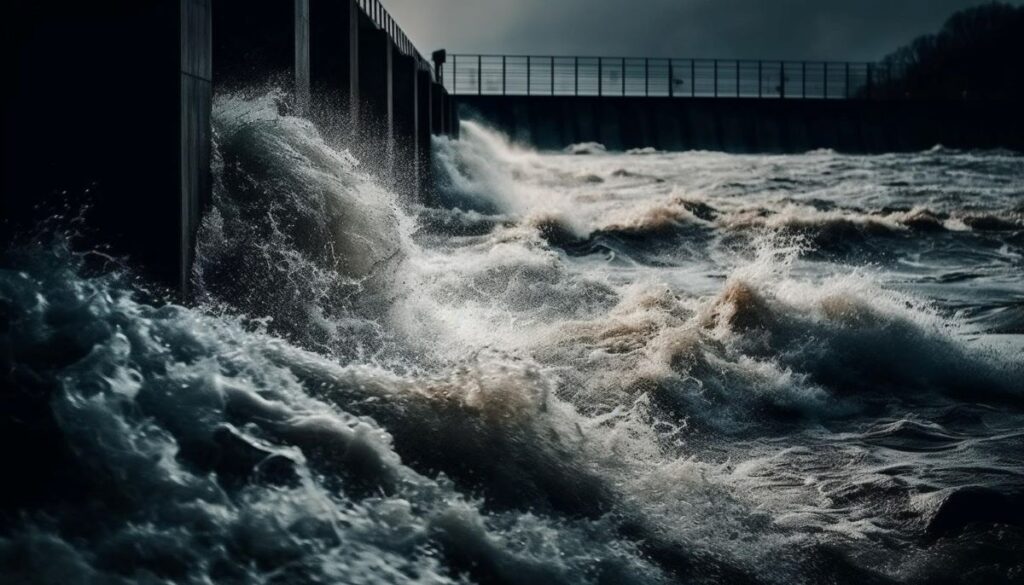
Stormwater Pollution Prevention Plan aims to mitigate the negative environmental impacts of stormwater runoff by implementing various best management practices (BMPs). These BMPs can include erosion and sediment control measures, proper site management, and effective stormwater management systems. As an MEP engineer, you play a pivotal role in designing and implementing sustainable MEP solutions that align with SWPPP regulations.
Why SWPPP Matters
Now, you might be wondering why Stormwater Pollution Prevention Plan is such a big deal, not just in Texas but across the United States. Stormwater runoff can pick up a slew of pollutants as it flows across construction sites and impervious surfaces. These pollutants can range from sediment and debris to oil, chemicals, and heavy metals.
Without proper controls and prevention measures in place, stormwater runoff can make its way into rivers, lakes, and other water bodies, causing pollution and harming aquatic ecosystems. Furthermore, contaminated stormwater can affect the quality of our drinking water sources, posing health risks to communities.
In Texas, SWPPP is especially significant due to the state’s susceptibility to flash floods and severe weather events. Adequate Stormwater Pollution Prevention Plan not only helps protect the environment but also ensures the safety and well-being of local residents. So, as an MEP engineer, your role in developing effective SWPPP cannot be underestimated.
The MEP Engineer’s Role in SWPPP
As an MEP engineer, you’re the go-to expert for the mechanical, electrical, and plumbing aspects of construction projects. Your expertise is invaluable in ensuring that the infrastructure and systems in place are not only functional but also environmentally responsible.
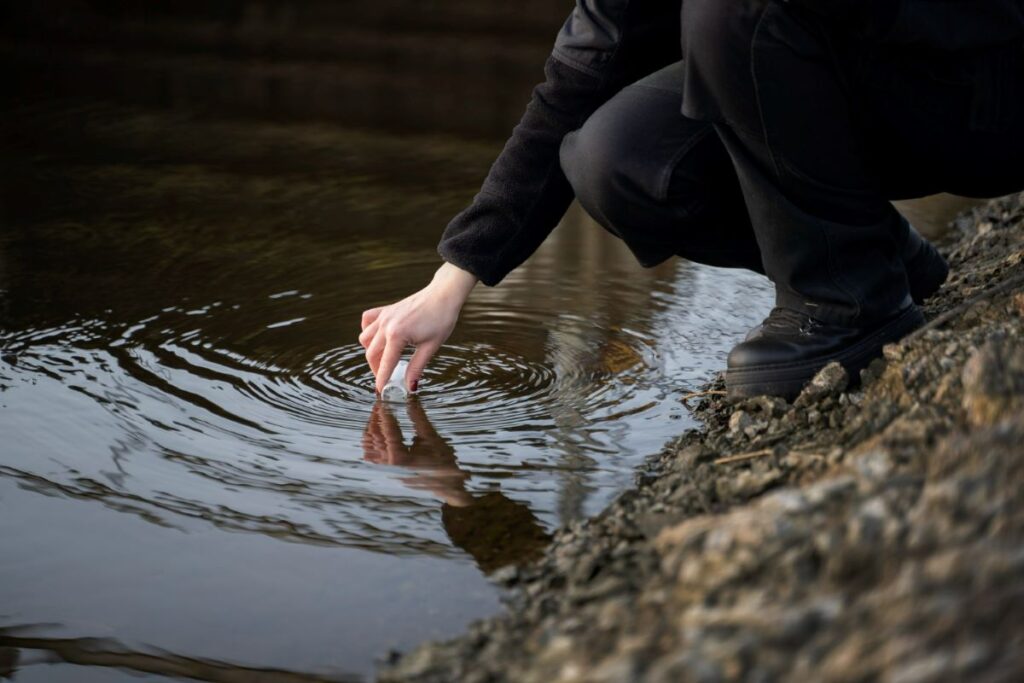
- Mechanical Systems: In the context of Stormwater Pollution Prevention Plan, mechanical systems include aspects such as HVAC systems, which can generate condensate water. Proper management and disposal of this water are essential to prevent contamination. MEP engineers can design systems that capture and treat condensate water to meet SWPPP requirements.
- Electrical Systems: Electrical systems encompass various components that need protection from water damage. MEP engineers can design and implement waterproofing measures to safeguard electrical components from the potential risks associated with stormwater runoff.
- Plumbing Systems: Plumbing systems play a significant role in managing stormwater. Proper drainage and wastewater management are critical components of SWPPP. MEP engineers can design efficient plumbing systems that ensure the safe and environmentally responsible disposal of stormwater and wastewater.
Best Practices for MEP Engineers in SWPPP
Now that we’ve established the importance of SWPPP and your role as an MEP engineer, let’s delve into some best practices for developing effective Stormwater Pollution Prevention Plan in Texas.
- Collaboration is Key: SWPPP development is a collaborative effort involving various professionals, including civil engineers, environmental experts, and MEP engineers. Effective communication and collaboration are essential to create a cohesive plan that addresses all aspects of stormwater management.
- Stay Informed About Regulations: SWPPP requirements and regulations can vary by location and change over time. It’s crucial to stay up-to-date with local and state regulations in Texas. Regularly attending seminars and workshops related to stormwater management can help you remain informed about the latest developments.
- Innovative MEP Solutions: As an MEP engineer, you have the opportunity to introduce innovative solutions for stormwater management. Consider technologies like rainwater harvesting systems, which can capture and reuse rainwater for non-potable purposes, reducing the burden on stormwater systems.
- Educate and Train: Share your knowledge with your team and clients. Education is a powerful tool in ensuring that SWPPP measures are properly implemented and maintained. Offering training sessions on the importance of SWPPP and the specific measures in place can be immensely valuable.
- Regular Site Inspections: Conduct regular site inspections to ensure that the SWPPP measures are being implemented correctly. This proactive approach can help identify issues early and prevent potential violations.
Challenges and Solutions in Texas
Texas, with its diverse geography and climate, presents unique challenges for SWPPP implementation. Whether you’re working on a project in the arid deserts of West Texas or the humid coastal regions, understanding these challenges is essential for MEP engineers.
- Erosion Control: Texas experiences its fair share of heavy rainfall, which can lead to erosion. As an MEP engineer, consider innovative erosion control measures, such as permeable pavements, that can mitigate erosion while allowing for proper drainage.
- Water Scarcity: In arid regions of Texas, water scarcity is a significant concern. MEP engineers can design water-efficient plumbing systems that align with Stormwater Pollution Prevention Plan guidelines. Additionally, the integration of water recycling and reuse systems can help conserve this precious resource.
- Flood Control: Coastal areas in Texas are prone to flooding. MEP engineers can contribute to flood control by designing and implementing stormwater management systems that can handle excessive rainfall and prevent flooding in urban areas.
- Sediment Control: Construction sites can generate substantial amounts of sediment, which is a common pollutant in stormwater runoff. MEP engineers can design efficient sediment control measures to prevent sediment from entering water bodies.
Conclusion
In the world of MEP engineering, the role of developing SWPPP in Texas is vital in preserving the environment and ensuring public safety. Stormwater pollution prevention is not just a legal requirement; it’s a responsibility that we all share. As an MEP engineer, your expertise can make a substantial difference in creating sustainable and eco-friendly solutions that align with SWPPP regulations.
So, the next time you’re working on a project in the Lone Star State, remember that your work goes beyond just bricks and wires. It’s about safeguarding our environment, our communities, and our future. By staying informed, collaborating with other professionals, and applying innovative MEP solutions, you can be a champion for SWPPP in Texas and make a lasting impact on the state’s sustainable development. Together, we can ensure that Texas remains as beautiful and vibrant as ever, regardless of the storms that come our way.
